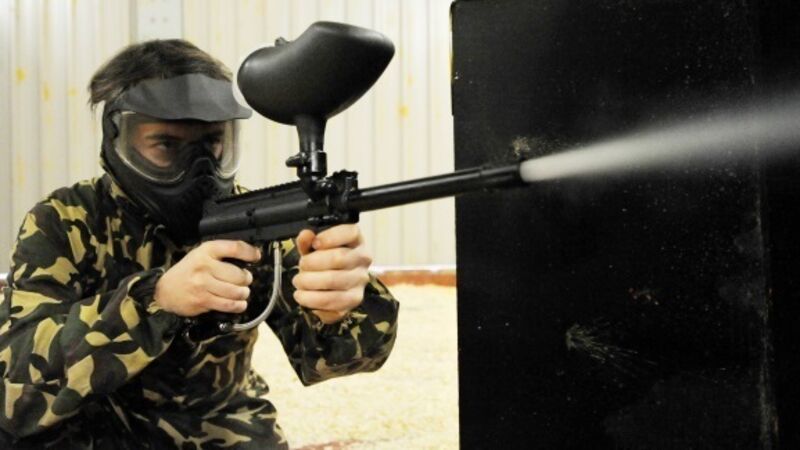Paintballing and wall climbing are not the only ways to build a great team

Back in the Celtic Tiger days, the CEO of a big company came to see me, his eyes bright with excitement over what he wanted us to do for him. Team-building. Our eyes rolled and we swiftly said we didn’t do any of that paintballing stuff. Or climbing walls on a string. Nope. Not going to go there.
No, no, no, he said, this was completely different. He wanted his top managers to make a television programme. Not for broadcast. Just for team-building. Now, between you, me, and the wall, I have made a lot of television programmes at the end of which nobody was speaking to anybody else and no wrap party was held, so I couldn’t get the connection.

















